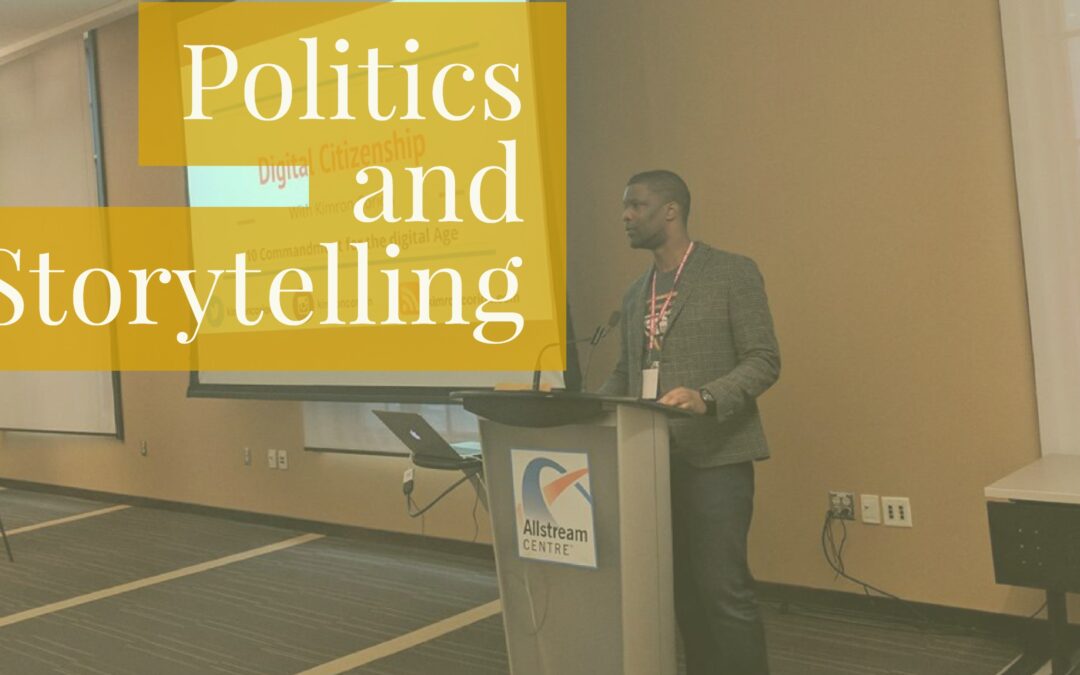A few months ago I wrote an article where I stated that winning the next election in Grenada will depend on the stories being told if you haven’t read it go ahead and do so now.
In that article, I made it clear that I am not proposing to have all the answers here, but I know that the current narrative some political activists construct online will cost them the next general election. Accusing people of being stupid because they do not support your party will lose you the election. Incomprehensible polices presented to the common man will lose you the election. Fortunately, there is still time to make compelling stories by adequately utilizing social media.
I must say that I was quite pleased when I saw that the main political institutions in Grenada were making an attempt at storytelling. However, I was very disappointed by the lack of effort in utilizing proper storytelling principles in the videos that I am seeing.
The biggest flaw I am seeing in the stories being told in the videos are all the same. Political organizations are going out of their way to make themselves the heroes of the story. That’s not a very good strategy. Proper political brand storytelling needs to highlight the constituents as the heroes of the stories and the political parties as guides or mentors that can be the catalyst to help them improve their quality of life.
One of the videos that baffled me was a video by the National Democratic Congress telling the story of its leader Mr. Nazim Burke. When I first started watching the video I was very impressed, as a storyteller, it captured my attention, and then everything changed. What was supposed to be a story of Mr. Burke and telling constituents why he will be the best person to lead Grenada turned its focus on Prime Minister Keith Mitchell and the New National Party. Now, you do not, and I repeat, you do not take attention that should be yours and give it away to someone else, that’s not gangster.
My recommendation to everyone is, when you’re telling stories, don’t try to make your party the hero of the story. Your constituents need to be the hero and you position yourself or your party as the guide to helping the hero (constituents) get to where they want to be in life. Try to get them to buy into you and your narrative.
Also, every social media platform varies. People are in a different mindset when they are on Facebook as compared to Instagram or Twitter. Consequently, political parties must understand the context of each platform to “storytell” accordingly.
So my challenge to every political organization is to do better, tell better stories, and you will see your campaigns changed drastically.
